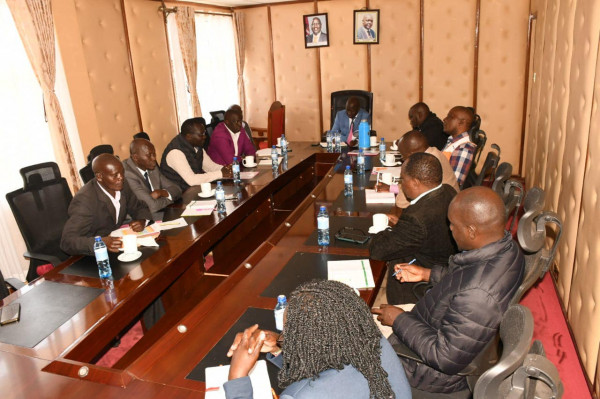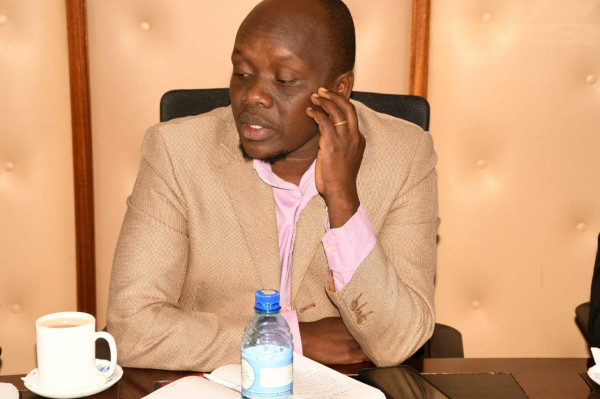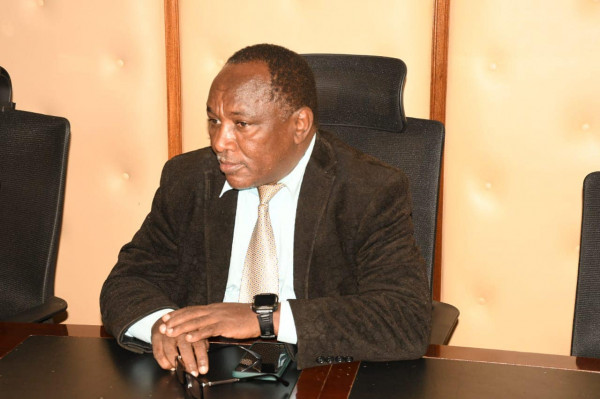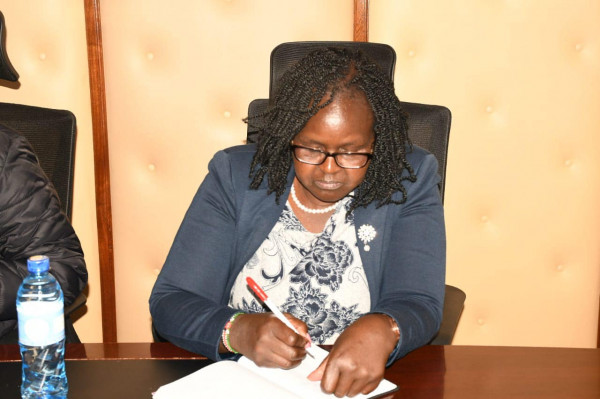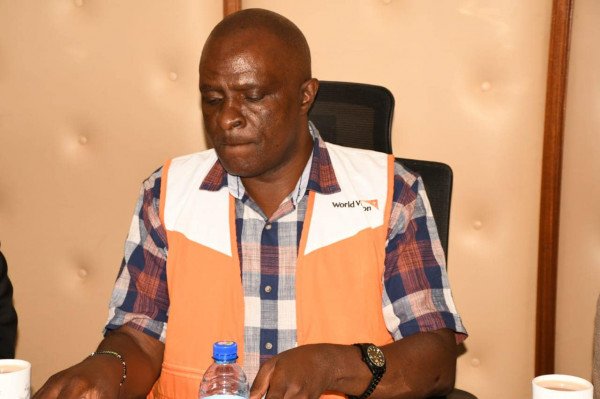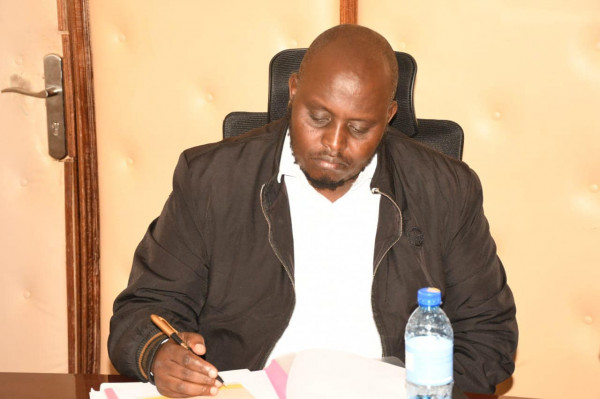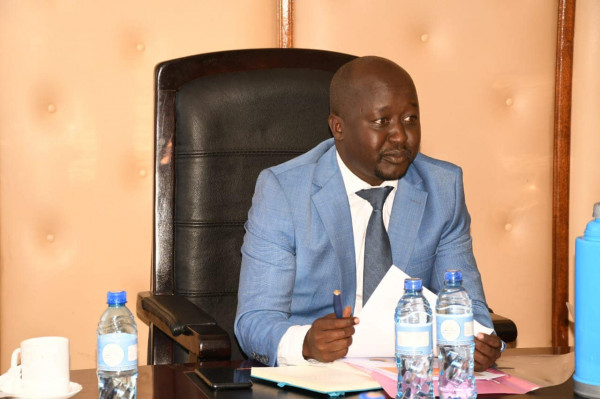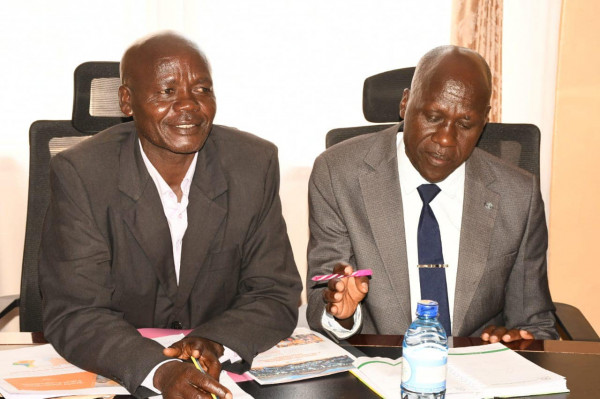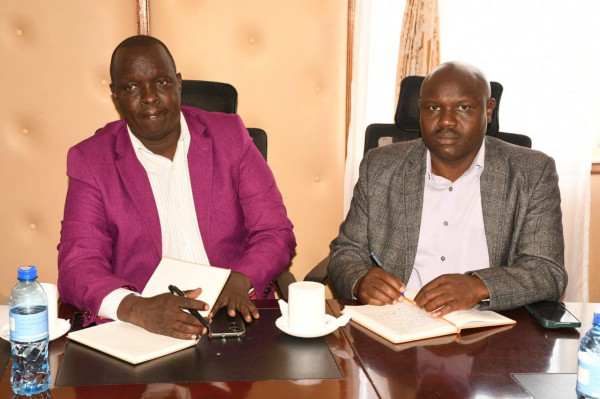World Vision Concludes 16-Year Orwa Area Program, Celebrating Transformational Impact
The World Vision Orwa Area Program, which began in October 2008, has officially concluded after 16 years of remarkable community transformation. During a close-out meeting with Deputy Governor Robert Komolle, the program’s achievements were celebrated, highlighting its lasting contributions to education, child protection, and water, sanitation, and hygiene (WASH) in the Orwa community.
Since its inception, student enrollment in the region has increased by an impressive 55%. As of 2024, 15,082 children (7,698 boys and 7,382 girls) are attending school, compared to 8,304 in 2009. This growth is largely due to investments in educational infrastructure, including the construction of 35 classrooms, six dormitories, and the provision of essential furniture to 78 pre-primary centers.
Additionally, World Vision’s support through school fee subsidies has allowed 835 vulnerable children to access secondary education. Of these, 512 have successfully completed secondary school and progressed to tertiary education, while 323 continue their studies.
In the area of child protection, 87.5% of children now report feeling safe and optimistic about their future, a significant improvement from 2009. This success is attributed to community efforts to address harmful practices like female genital mutilation (FGM) and child marriage, which were once widespread in the area.
The program also made substantial strides in improving access to clean water, which rose from 5% in 2009 to 38% in 2024. Water supply systems constructed in Chepkondol, Mbara, and Orwa have provided clean water to 11,724 people, 18,387 livestock, and numerous schools. Sanitation has also improved, with access to proper facilities increasing from 4% to 28.4%, thanks to the construction of gender-segregated latrines and handwashing stations in 14 primary schools.
Deputy Governor Robert Komolle commended World Vision’s holistic approach, noting that the program not only transformed lives but also set a standard for sustainable community development.
